Features > Property News & Insights > Investment Strategies
Why ordinary Australians need an investment property to get ahead
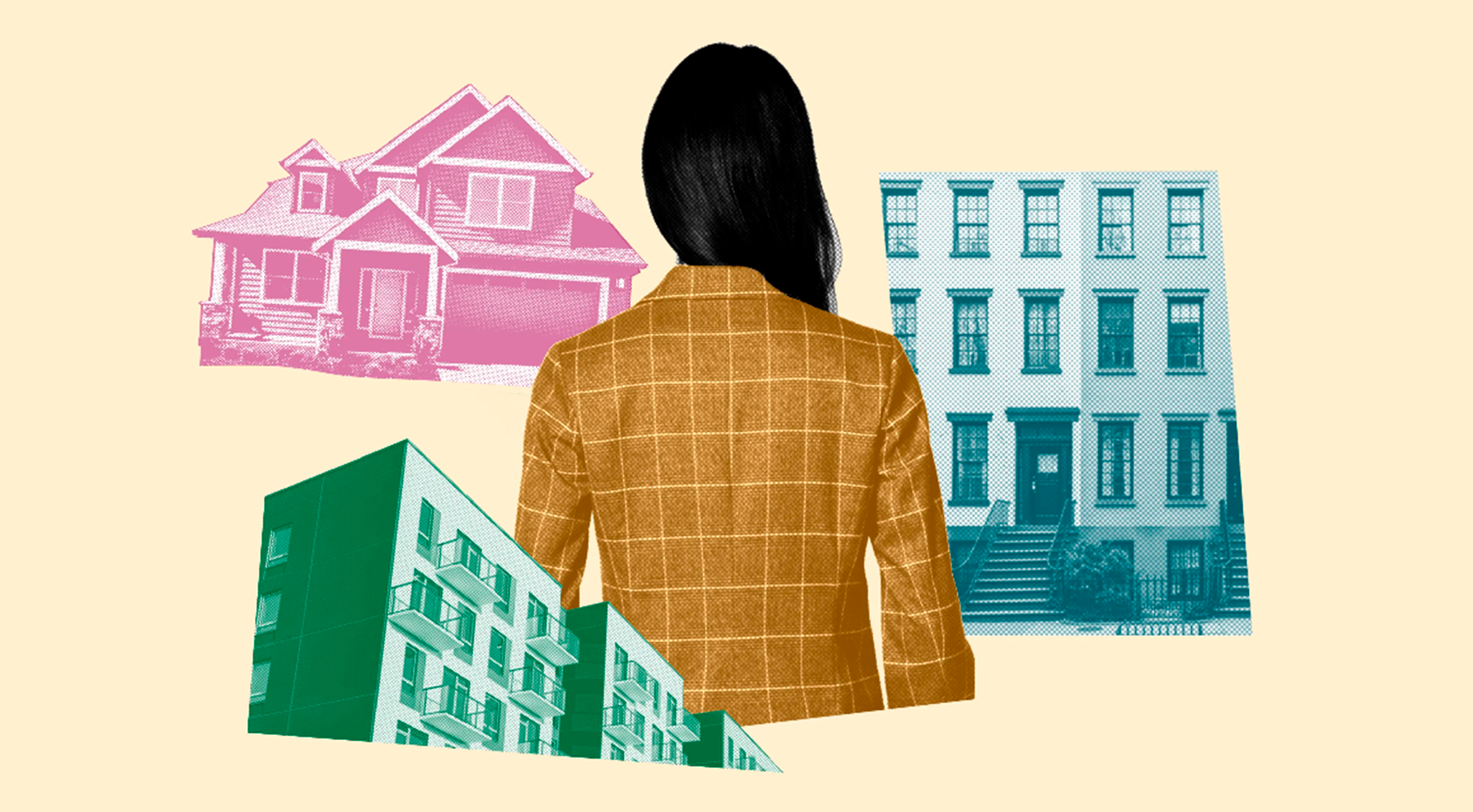
Graphic by Apartment Therapy
KEY POINTS
- Investment property in Australia receives better tax treatment than wages
- Investors benefit from tax perks like negative gearing, depreciation, and capital gains discounts
- Efforts to reduce these advantages have been rejected in two national elections
Politicians often say things that don’t make a lot of sense or are just plain silly.
“I don’t hold a hose, mate,” was Prime Minister Scott Morrison’s famous explanation for why he went on a holiday to Hawaii with his family when fires raged out of control in Australia’s eastern states.
Other politicians say things that are wrong, knowing that they can get away with it.
Donald Trump’s recent claims that illegal immigrants from Haiti were “eating the dogs”, “eating the cats”, and “eating the pets of the people” in the Ohio city of Springfield were totally baseless.
Yet Trump deliberately repeated the falsehoods during a debate with Vice-President Kamala Harris, knowing they would resonate with parts of his political base concerned about illegal immigration into the United States.
Less often, politicians totally nail it.
They succinctly sum up an issue or a problem with startling clarity in a few well-chosen words.
Strangely, that clarity often comes as they prepare to exit politics.
And Bill Shorten is no exception.
Bill Shorten explains how property is treated differently to income
The former Labor leader, who lost two elections (to Liberal Prime Ministers Malcolm Turnbull and Scott Morrison), is bowing out of Federal politics after 17 years.
In a farewell interview on ABC RN’s Breakfast program Mr Shorten spoke about how he regretted he hadn’t been as clear and as direct as he would have liked during his time in politics.

“I sort of tightened up… didn't want to say the wrong thing, didn't want to, you know, step on any toes,” he told interviewer Patricia Karvelas.
It’s only been more recently when he said that he’d “reached a point where I just say what you think, and if you don't believe something, shut up.”
Patricia Karvelas then asked Shorten if the policies he took to the 2016 and 2019 elections as Opposition leader were ahead of their time.
Among its policies, Labor had pledged to halve the capital gains tax discount on investments and limit negative gearing only to new investment properties.
“On the tax policies,” he said, “I have a general conviction that income is taxed too highly in Australia, and property is taxed much more preferentially.”
“What generates productivity in Australia are the people earning income as opposed to passive investments.”
Patricia Karvelas followed this point up.
“Do you still believe that income is taxed too highly and that property is, you know, that we basically give these tax breaks in an unfair way?” she asked.
“No, I'm not saying in an unfair way,” Shorten replied, “If you have a lot of property, your tax regimes are preferential.”
“If you earn income, you pay direct rates of tax.”
That is probably the most succinct explanation you will ever hear about why it makes sense for ordinary “Mum and Dad” Australians to invest in property.
Why it makes sense for Aussies to own an investment property
Let’s face it.
If you are employed on a salary, you can, at best, look forward to perhaps a 2 or 3% pay rise every year.
Most of the time, that’s just enough to keep up with inflation.
But as your pay goes up, so too does your tax burden.
Earn more income with a side hustle, and you'll simply end up paying more tax.
Bill Shorten is right when he says that income is taxed highly in Australia.
So, to get ahead of the pack, you need to do something more.
Billionaire investor Warren Buffett famously spruiked the virtues of passive investments when he said, “If you don't find a way to make money while you sleep, you will work until you die.”
In Australia, residential property is the ultimate passive investment, delivering income from rent, capital growth of the asset (the property) as well as substantial tax benefits.
As the man who wanted to curb some of those benefits himself says, “if you have a lot of property, your tax regimes are preferential.”
This includes negative gearing, substantial tax depreciation allowances - particularly for new properties, and the capital gains tax discount when you sell.
Independent economist Saul Eslake says the Howard government’s decision to introduce the capital gains tax discount “turbocharged negative gearing by turning it from a strategy which enabled those who used it to defer tax, into one which enables them both to defer AND permanently reduce tax.”
While Eslake describes this as one of the “dumbest tax policy decisions of all time”, the reason it’s unlikely to be unwound anytime soon is perfectly clear to pragmatic politicians.
This is because doing this would involve an unprecedented and extremely expensive intervention by governments.
The hard truth
In a recent research paper entitled “In the midst of a rental crisis, we need to be careful with negative gearing”, Ray White Chief Economist Nerida Conisbee pointed out that 83.1% of rental properties in Australia are provided by private “Mum and Dad” landlords.
“Many investors rely on negative gearing to make the investment viable, and a loss of this incentive will lead to a large number selling,” she wrote.
“This will reduce the number of rental properties immediately.”
“There are groups that could potentially step in, but they are not ready to provide the amount required.”
“In some cases, they are not interested or lack the capability to provide scale.”
Nerida Conisbee was too diplomatic to say that governments were “not interested or lack the capability” to become more involved in providing housing, but she did point out how the share of public rentals provided by State and Territory governments in Australia had “been reducing steadily over the last 20 years.”
The take-out
Bill Shorten’s basic belief that “income is taxed too highly in Australia, and property is taxed much more preferentially” is dead right.
However, his solution, rejected twice at the ballot box by Australians, was to try to unpick some of that preferential tax treatment for property.
If any of the attractive tax benefits property provides are wound back, investors will exit the market rapidly, exacerbating an already grim housing crisis and requiring expensive intervention from governments.
That’s unlikely to happen.
So, take some indirect advice from Bill Shorten…
Use the knowledge that property in Australia is taxed preferentially to income to get ahead and start achieving financial freedom for you and your family.
Stay Up to Date
with the Latest Australian Property News, Insights & Education.




.png?width=292&height=292&name=Copy%20Link%20(1).png)
 SIGN UP FOR FREE NEWSLETTER
SIGN UP FOR FREE NEWSLETTER
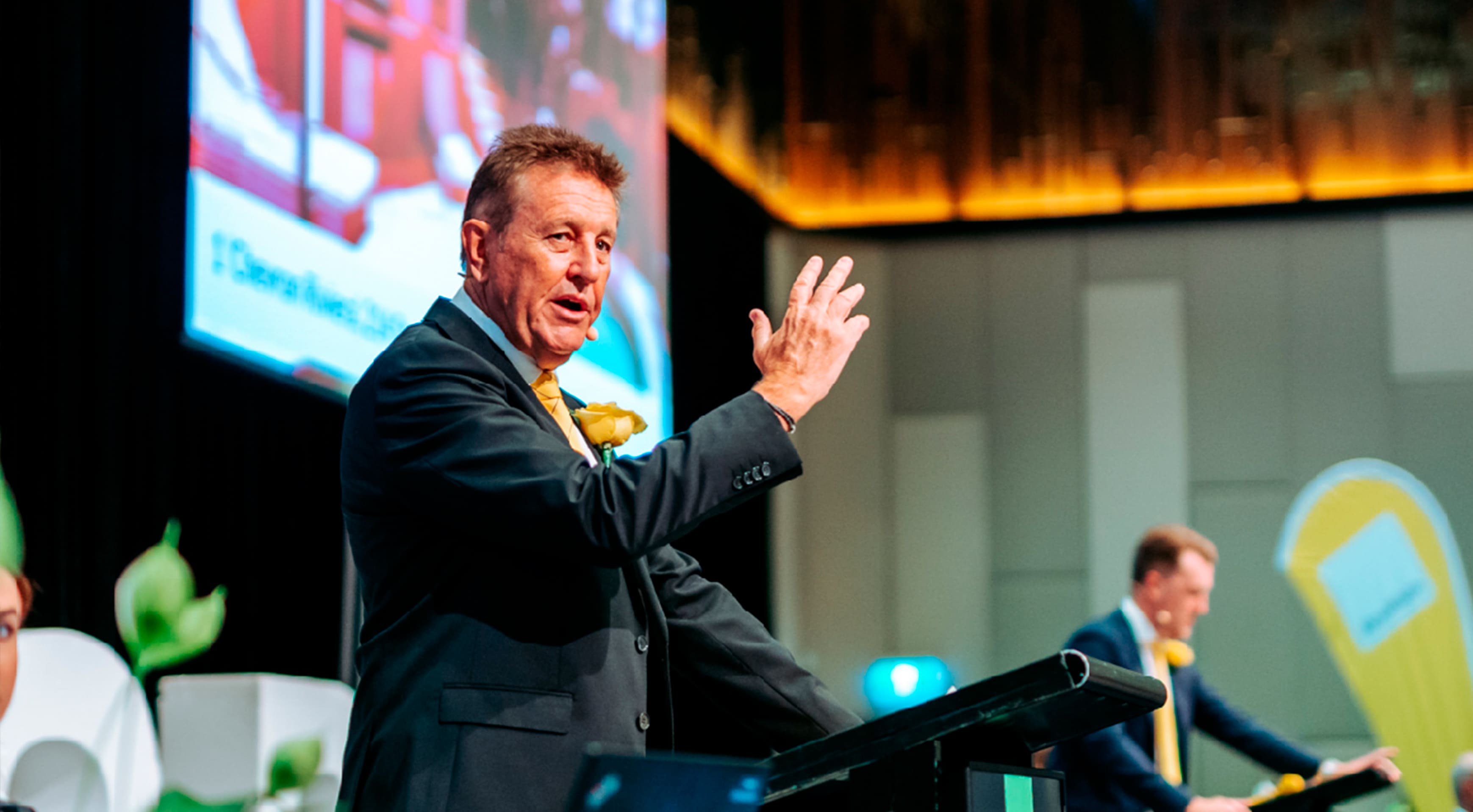


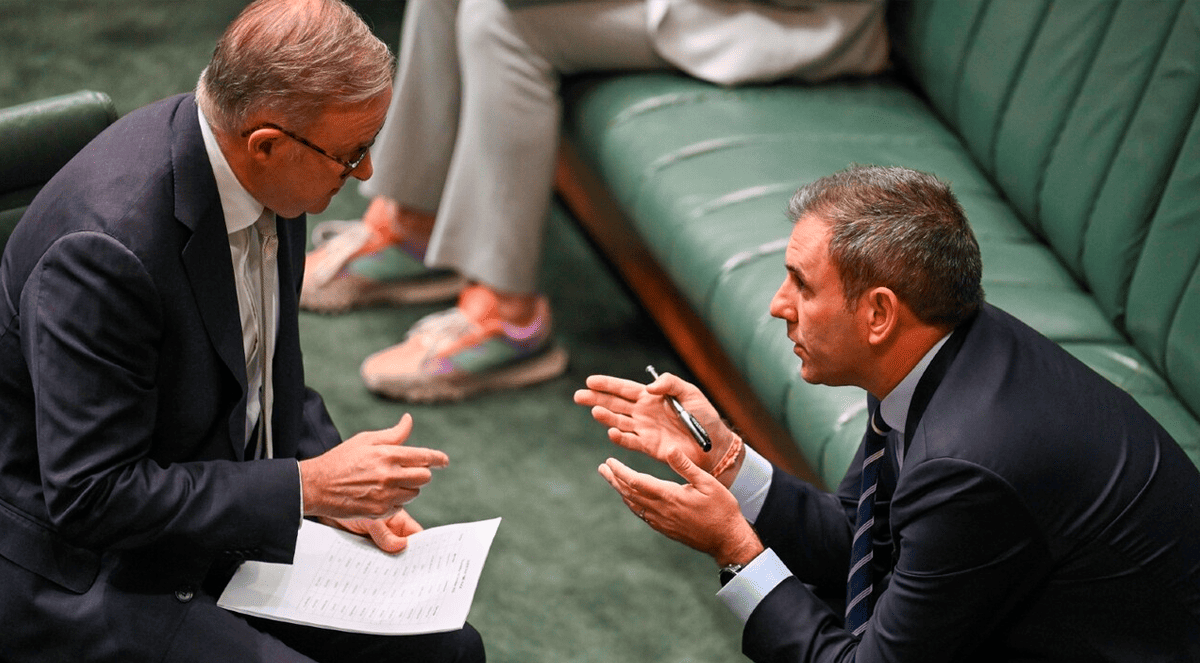

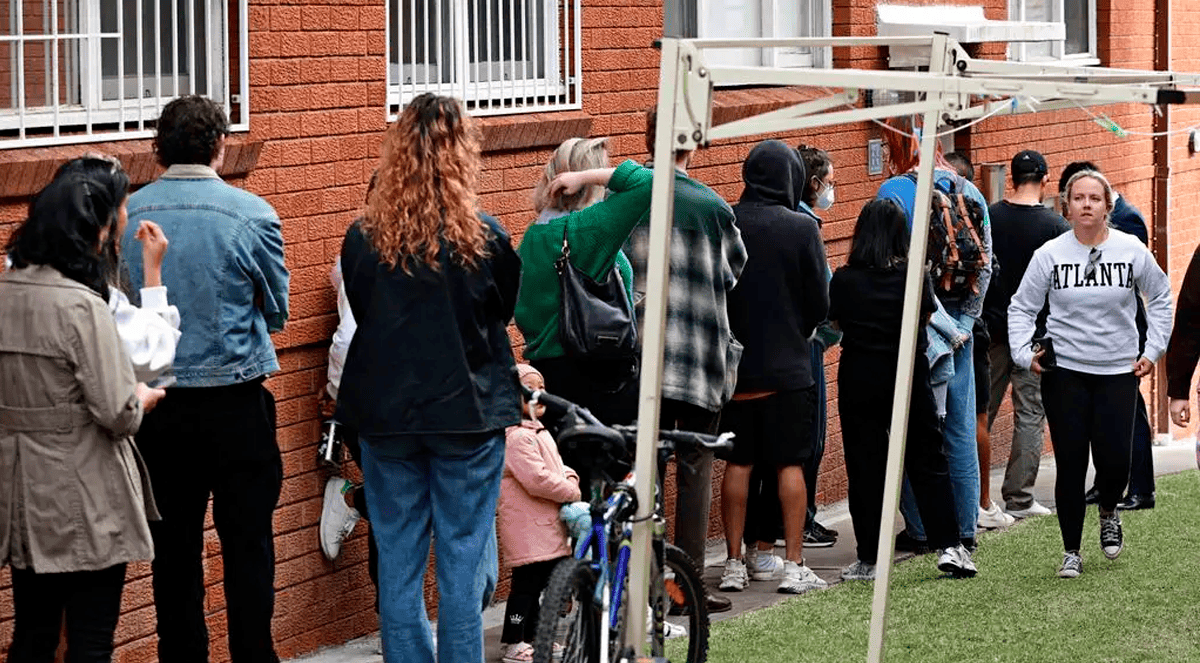
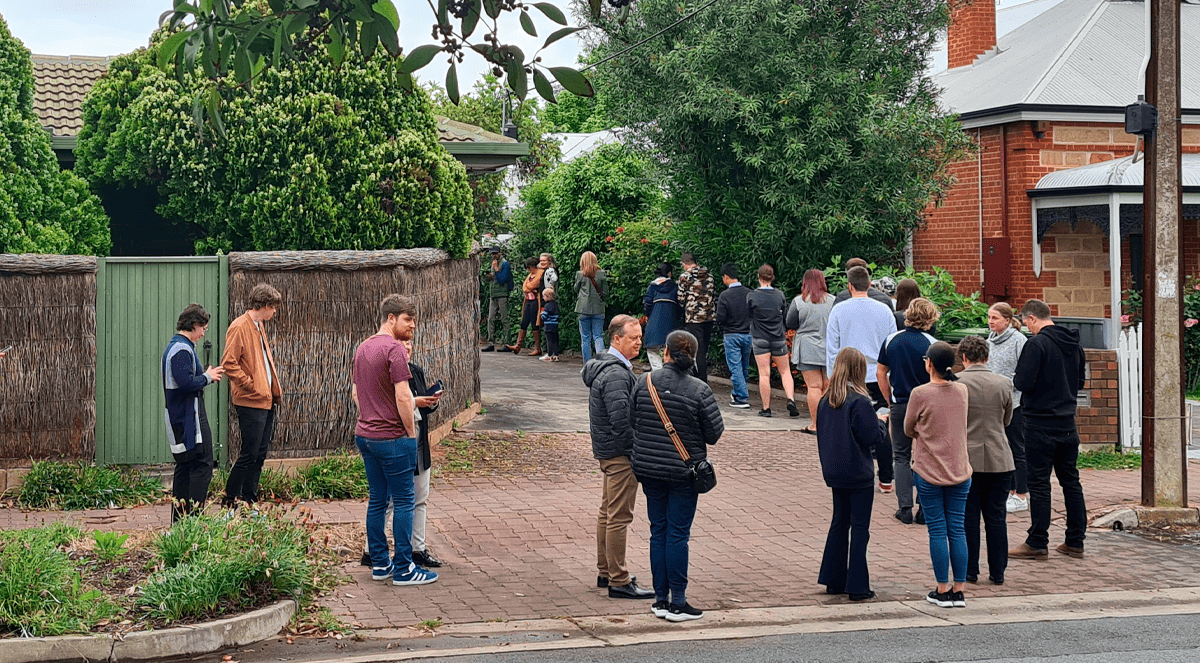




%20Scott%20Kuru%20DPU%20141.jpg?width=1920&height=1080&name=The%20Senate%20Just%20Exposed%20Australias%20Biggest%20$80%20Billion%20Housing%20Fraud%20(Inquiry%20Launched)%20Scott%20Kuru%20DPU%20141.jpg)




%20Scott%20Kuru%20DPU136.jpg?width=1920&height=1080&name=Aussies%20Just%20Got%20Hit%20With%20Double%20Taxes%20on%20Everything%20(This%20Has%20Gone%20Too%20Far)%20Scott%20Kuru%20DPU136.jpg)


%20Scott%20Kuru%20DPU%20133.jpg?width=1920&height=1080&name=JUST%20IN%20Something%20Major%20Just%20Flipped%20Australia%E2%80%99s%20Property%20Market%20for%202026%20(No%20One%20Saw%20This%20Coming)%20Scott%20Kuru%20DPU%20133.jpg)


.jpg?width=1920&height=1080&name=Rental%20Prices%20At%20Record%20Highs%20And%20Vacancy%20Rates%20At%20All%20Time%20Lows%20(New%20Data%20Reveals).jpg)
%20%20DPU%20EP%2014.jpg?width=1920&height=1080&name=Investors%20Shutting%20Out%20First%20Home%20Buyers%20(Investors%20At%20Record%20Highs)%20%20DPU%20EP%2014.jpg)

.jpg?width=1920&height=1080&name=Darwins%20Property%20Market%20Boom%20or%20Dangerous%20Gamble%20(REVEALED).jpg)

.jpg?width=1920&height=1080&name=The%20RBA%E2%80%99s%20Rate%20Cut%20Could%20Explode%20House%20Prices%20(Here%E2%80%99s%20Why).jpg)








.jpg?width=1920&height=1080&name=Warning%2c%20You%20Might%20Be%20Facing%20Higher%20Taxes%20Soon%20(1).jpg)




.png?width=1920&height=1080&name=Rate%20Drops%20Signal%20BIGGEST%20Property%20Boom%20in%20DECADES%20(1).png)

.jpg?width=1920&height=1080&name=Labor%20vs%20Liberal%20These%20Housing%20Policies%20Could%20Change%20the%20Property%20Market%20Forever%20(1).jpg)
.jpg?width=1920&height=1080&name=QLD%20Slashes%20Stamp%20Duty%20Big%20News%20for%20Investors%20%26%20Home%20Buyers%20(1).jpg)
.jpg?width=1920&height=1080&name=Trump%20Just%20Slapped%20Tariffs%20%E2%80%93%20Here%E2%80%99s%20What%20It%20Means%20for%20Australia%20(1).jpg)
.jpg?width=1920&height=1080&name=Federal%20Budget%202025%20More%20Debt%2c%20No%20Housing%20%E2%80%93%20Here%E2%80%99s%20What%20You%20Need%20to%20Know%20(1).jpg)
.jpg?width=1920&height=1080&name=Australias%20Housing%20Crisis%20is%20about%20to%20get%20MUCH%20Worse%20(New%20Data%20Warns).jpg)
%20(1).jpg?width=1920&height=1080&name=Australias%20RENTAL%20CRISIS%20Hits%20ROCK%20BOTTOM!%20(2025%20Update)%20(1).jpg)
%20(1).png?width=1920&height=1080&name=Is%20Adelaide%20Still%20a%20Good%20Property%20Investment%20(2025%20UPDATE)%20(1).png)
.jpg?width=1920&height=1080&name=RBA%20Shocks%20with%20Rate%20Cuts!%20What%E2%80%99s%20Next%20for%20Property%20Investors%20(1).jpg)
%20(1).jpg?width=1920&height=1080&name=I%20Predict%20The%20Feb%20Rate%20Cut%20(My%20Price%20Growth%20Prediction)%20(1).jpg)
.png?width=1920&height=1080&name=Why%20Property%20Prices%20Will%20Rise%20in%202025%20Market%20Predictions%20(1).png)
.jpg?width=1920&height=1080&name=Why%20Investors%20Are%20Choosing%20Apartments%20Over%20Houses%202%20(1).jpg)
.jpg?width=1920&height=1080&name=Why%20Rate%20Cuts%20Will%20Trigger%20A%20Property%20Boom%20(1).jpg)
.jpg?width=1920&height=1080&name=Retire%20On%202Million%20With%20One%20Property%20(Using%20SMSF).jpg)
.jpg?width=1920&height=1080&name=4%20Reasons%20Why%20You%20Should%20Invest%20in%20Melbourne%20Now%20(1).jpg)
%20(1).jpg?width=1920&height=1080&name=Old%20Property%20vs%20New%20Property%20(Facts%20and%20Figures%20Revealed)%20(1).jpg)
%20(1).jpg?width=1920&height=1080&name=Will%20The%20New%20QLD%20Govt%20Create%20a%20Property%20Boom%20or%20Bust%20(My%20Prediction)%20(1).jpg)
%20Scott%20Kuru%20(1).jpg?width=1920&height=1080&name=Inflation%20Hits%20Three-Year%20Low%20(Will%20RBA%20Cut%20Rates%20Soon)%20Scott%20Kuru%20(1).jpg)
.jpg?width=1920&height=1080&name=How%20to%20Buy%20Investment%20Property%20Through%20SMSF_%20The%20Ultimate%20Guide%20(1).jpg)
.jpg?width=1920&height=1080&name=Victoria%20Slashes%20Stamp%20Duty%20Melbourne%20Set%20to%20Boom%20Scott%20Kuru%20(1).jpg)
.png?width=1571&height=861&name=Are%20Foreign%20Buyers%20Really%20Driving%20Up%20Australian%20Property%20Prices%20(1).png)
.jpg?width=1920&height=1080&name=The%20Single%20Factor%20That%20Predicts%20Property%20Growth%20Regions%20(1).jpg)
%20Scott%20Kuru%20(1).jpg?width=1920&height=1080&name=My%20Prediction%20On%20Rates%20%26%20Negative%20Gearing%20(Market%20Crash)%20Scott%20Kuru%20(1).jpg)

-1.png?width=1920&height=1080&name=Major%20Banks%20Cut%20Rates%20Will%20RBA%20Follow%20Suit%20(Sept%20Rate%20Update)-1.png)
%20Scott%20Kuru-1.png?width=1920&height=1080&name=Rate%20Cut%20Coming%20What%20New%20Zealands%20Move%20Means%20for%20Australia%20(Sept%20Prediction)%20Scott%20Kuru-1.png)
%20(1).jpg?width=1920&height=1080&name=Buy%20when%20the%20interest%20rates%20are%20high!%20(Why%20you%20must%20buy%20now!)%20(1).jpg)
.jpg?width=1920&height=1080&name=Carms_Revised%20Taxes%20Due%20Aug%209%20YT%20Thumbnail02%20(1).jpg)
.jpg?width=1920&height=1080&name=Carms_Too%20Little%20Too%20Late%20Aug%207%20YT%20Thumbnail01%20(1).jpg)









.jpg?width=1920&height=1080&name=Carms_Rate%20Drop%20In%20July%20Jun%2010%20YT%20Thumbnail02%20(1).jpg)
.jpg?width=1920&height=1080&name=Carms_Own%20a%20Property%20V6%20Jun%205_YT%20Thumbnail%20(1).jpg)









.png?width=1920&height=1080&name=Artboard%201%20(3).png)






.jpg?width=1920&height=1080&name=YT%20thumbnail%20%20(1).jpg)

